The FUTURE initiative, led by the Université Paris-Est, is a project that brings together seven members and associates of Université Paris-Est (UPE) community: IFSTTAR, UPEM, ESIEE Paris, EAVT, EIVP, IGN and ENPC. These partners are part of the I-SITE FUTURE consortium and are signatories to the agreement with the Agence Nationale de la Recherche, the main agency for higher education and research in the Future Investments Programme.
Accredited in February 2017 for a period of 10 years, FUTURE starts with a 4-year probationary period. Focused on the theme "the city of tomorrow", its scientific programme will be accompanied by the creation of an institution capable of implementing its strategy in the long term, with regard not only to research, training, support for economic development and public policy, but also partnerships and resources. This institution will be a university of a new type in France, made up of a national research institute (IFSTTAR), a university (UPEM), a national school of architecture (École d'Architecture de la Ville et des Territoires (EAVT) in Marne-la-Vallée) and two engineering schools (ESIEE Paris and the École des Ingénieurs de la Ville de Paris (EIVP)). The IGN will endeavour to improve ties between ENSG-Géomatique and the new establishment, while the École Nationale des Ponts et Chaussées will be linked to it through an agreement.
The aim of the university project is to create an internationally recognised institutional tool on the topics of transport, the city and urban planning. This specialization does not exclude any discipline, either now or in the future. A strong disciplinary base must ensure the excellence of research within our specialised themes and provide a foundation for the development of other themes in the medium term. This also applies to training, in addition to the priorities that are specific to it, i.e. the professional training dimension, pedagogical innovation and links with professions in the public or private sector.
Geographical ties are addressed in two interlinked ways:
the intake will include students from the area who have just finished secondary education, with the setting up of courses that will be demanding in terms of content and also support to help them achieve success;
the expansion of existing facilities in France to bolster the research, training and partnership network on the topics covered by the university.
These topics are often at the core of the questions posed by the public authorities, and advising public authorities at all levels (central government, Europe, local authorities) is considered equally crucial for the future university as transferring its research results to industry.
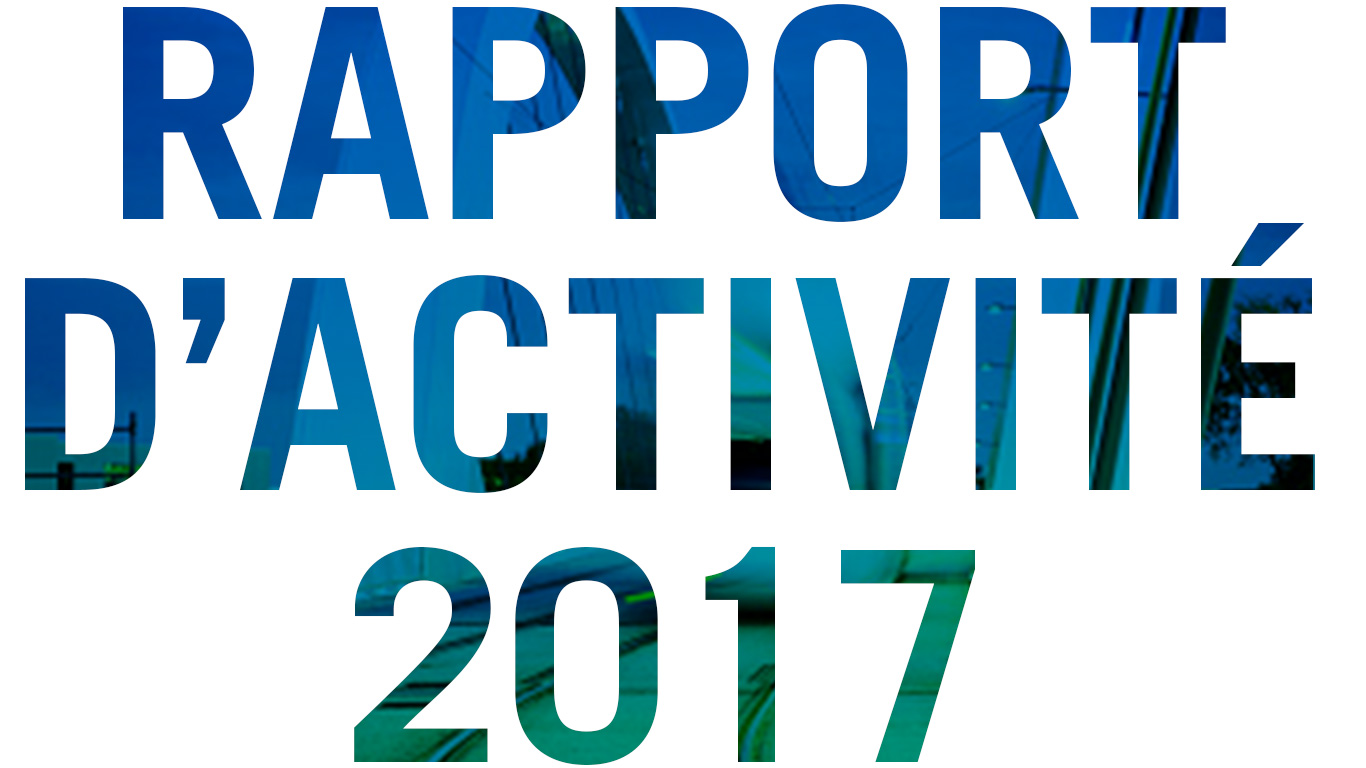
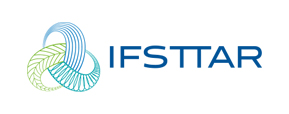


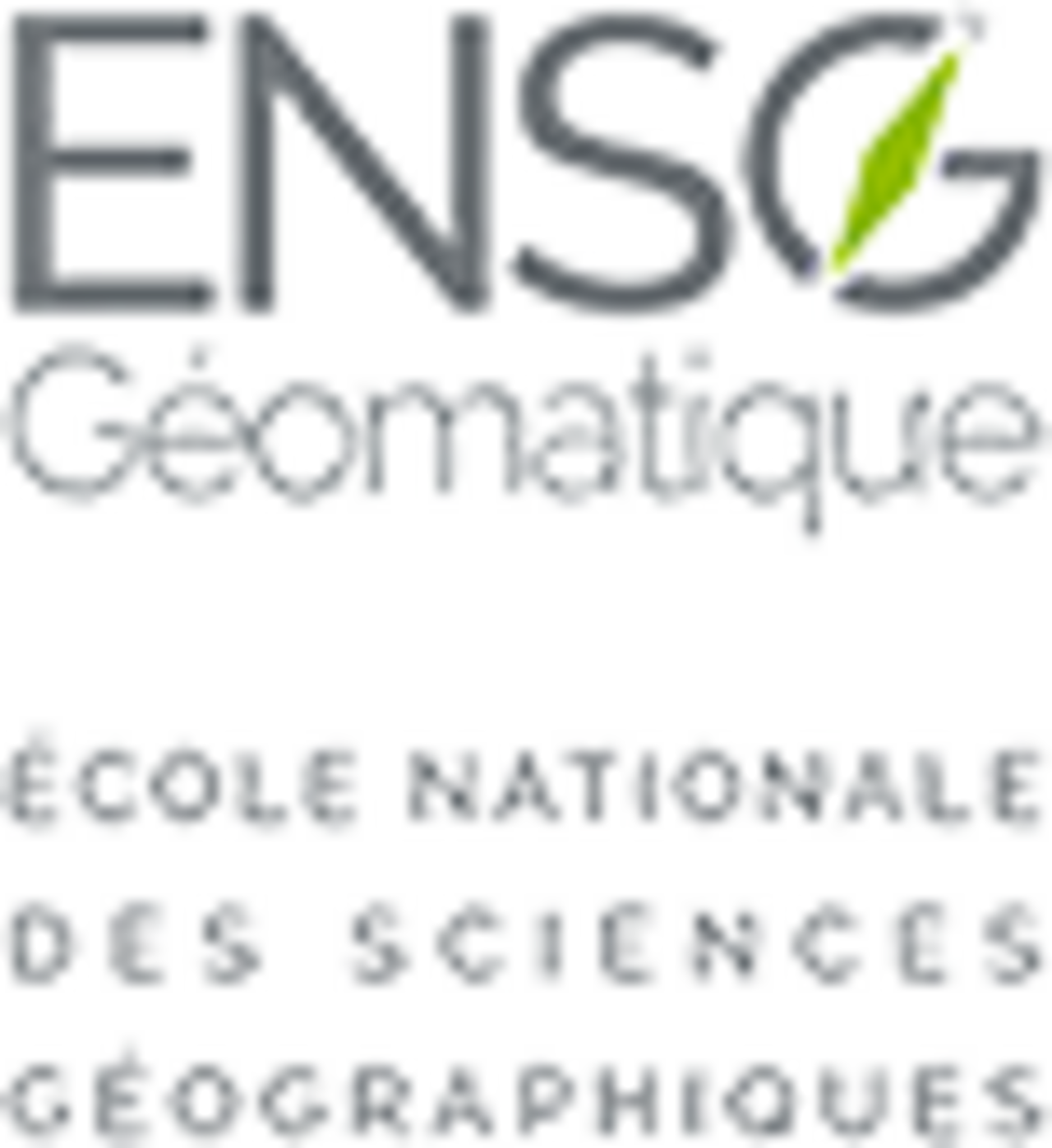


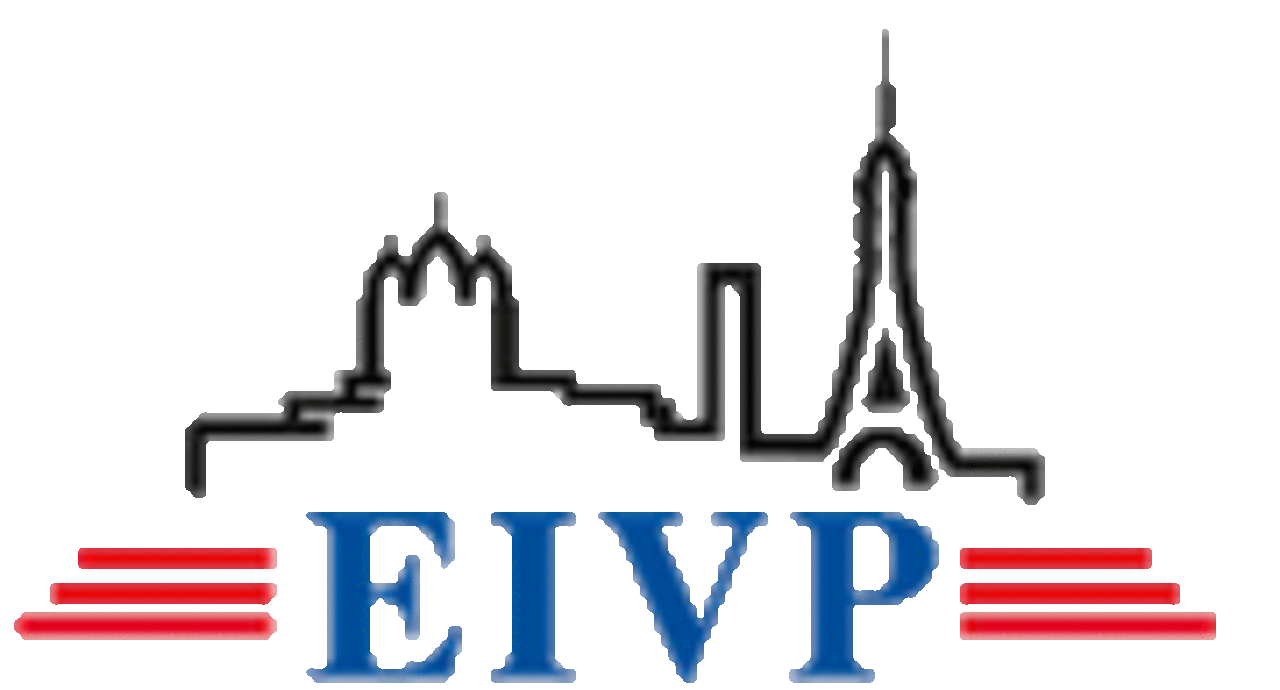
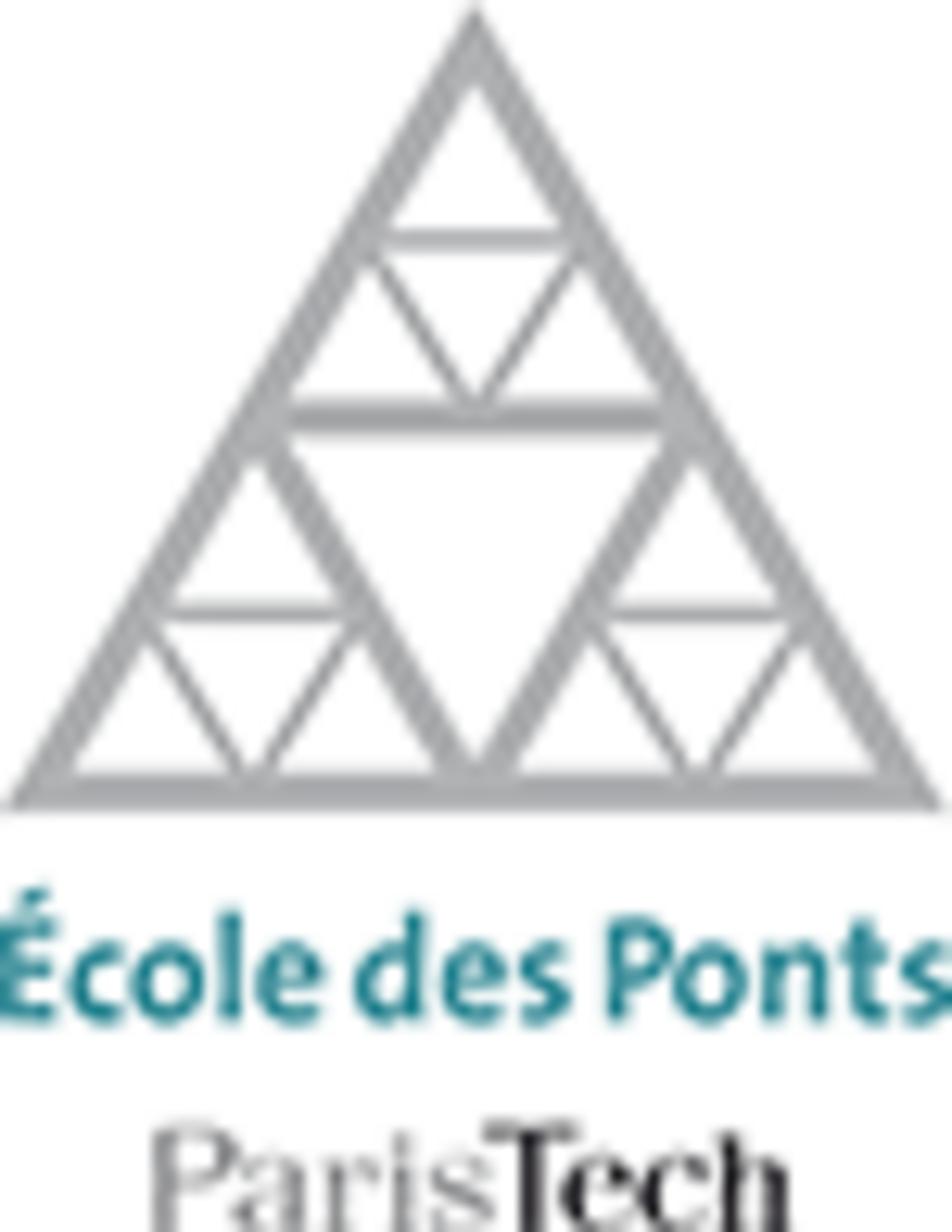
![[Translate to Anglais:] FUTURE [Translate to Anglais:] FUTURE_img](/fileadmin/_processed_/6/1/csm_FUTURE-pub_6c5aa60c76.jpg)